More services - Bottom-Up
"This cultural shift continues to affect us today," says Heckly. For USTER, a long-term oriented increase in productivity is a central requirement. "After the UsterNet became an integral part of our daily work and we slowly familiarized with the new way of working, many are now realizing what is still possible."
Little by little, while using UsterNet, each business unit identified additional areas for efficiency improvements. One example is process-specific knowledge management in global sourcing, product management, textile technology or research & development. Key information, which previously one only got via its own network, can now be found through a central search function.
"One of the main points was dealing with correct information from the ERP system," says Heckly. Almost in every process there is the opportunity to integrate data from the ERP system, for example key figures on customers, products or suppliers, through UsterNet in the daily work. "This allows employees to work faster and with the right information, of which the source is clearly defined. And this reduces the number of mistakes."
Another example is Microsoft OneNote. OneNote is now increasingly used as an additional collaboration tool, accessible via the UsterNet. The open format of OneNote complements the features of the libraries for structured document storage, task management or posting news. In informal 'brown bag training' sessions, employees were shown how collaboration can be more informal yet also more effective with the help of OneNote: employee meetings, minutes or brainstorming sessions, for example.
"Employees have realized that thanks to UsterNet and to changing their way of working, it is now easier to organize and structure the exchange of information , also in teams with colleagues who work on other continents."
Communication, training and role models
Change or adopting a new behavior, does not happen just like that. It needs explicit support from top management. It needs training. It needs communication. It needs ambassadors such as Roger Heckly, who recognize early on how a new tool and the right way of handling it can have a positive impact on one’s own work and the organization. "It is still in my interest to remind colleagues that no more documents are sent via e-mail, that there are better solutions for individual excel sheets in UsterNet, or that one can work very well with a search engine, as long as documents are properly tagged. The change of today means being ready for tomorrow - Heckly is convinced about that.





